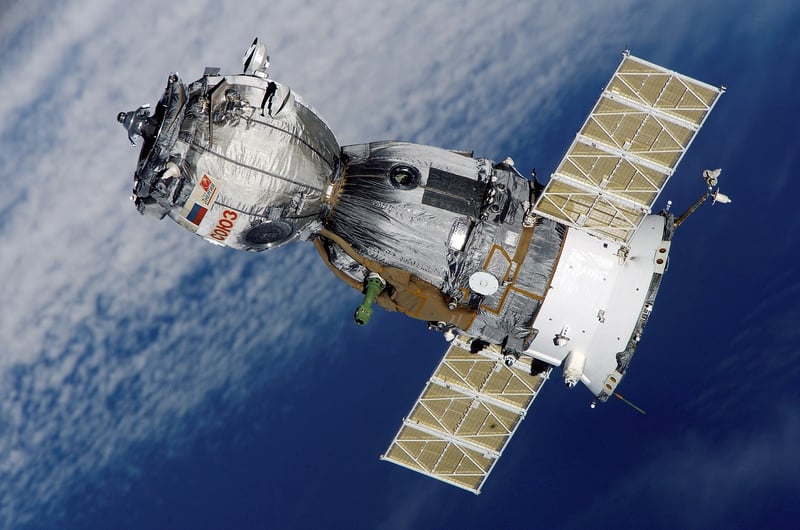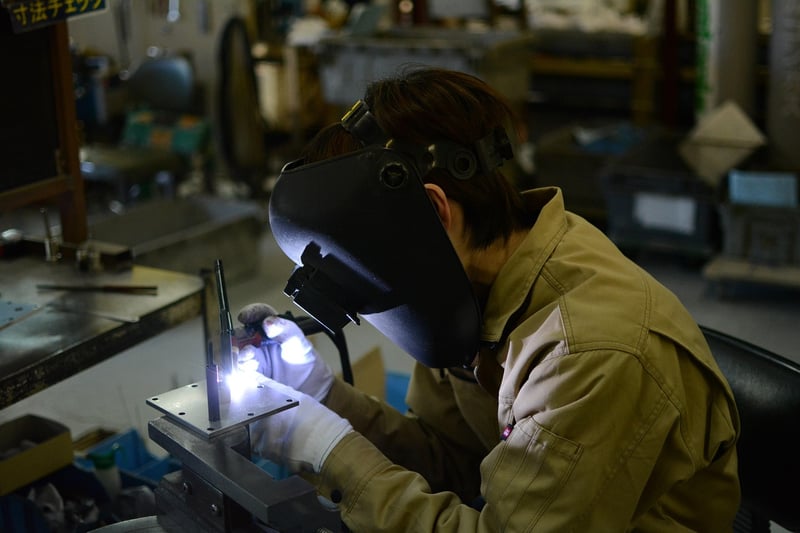Zero-G Manufacturing
The Future of Space Exploration: Advancements in Interstellar Travel and Zero-G Manufacturing
Interstellar Travel
Interstellar travel, the concept of traveling between stars within a galaxy, has long been a dream for humanity. Recent advancements in technology have brought us closer to turning this dream into a reality.
1. Breakthrough Propulsion Systems
Scientists are exploring novel propulsion systems that could significantly reduce travel time to distant stars. Concepts like antimatter propulsion, solar sails, and fusion engines show promise in enabling faster-than-light travel.
2. Exoplanet Exploration
Discoveries of exoplanets within habitable zones have sparked interest in sending robotic probes to study these distant worlds. Understanding the potential habitability of exoplanets is a crucial step towards planning crewed missions.
3. Advanced Life Support Systems
Developing sustainable life support systems that can provide astronauts with food, water, and oxygen for extended periods is essential for interstellar missions. Closed-loop environmental systems are being researched to recycle resources efficiently.
Zero-G Manufacturing
Manufacturing in zero-gravity environments offers unique opportunities for producing materials and products with properties impossible to achieve on Earth. This emerging field holds great potential for various industries.
1. 3D Printing in Space
On the International Space Station (ISS), astronauts have successfully demonstrated 3D printing of tools and spare parts. This technology could revolutionize space missions by enabling on-demand manufacturing of critical components.
2. Biomedical Research
Studying biological processes in microgravity can provide valuable insights for medical research. Bioprinting organs and tissues in space, where cells grow in 3D without the constraints of gravity, could lead to breakthroughs in regenerative medicine.
3. Space-Based Construction
Building structures in space using in-situ resources like asteroid materials or lunar regolith is a cost-effective approach for future space habitats. Autonomous robots and additive manufacturing techniques are being developed for constructing large-scale space infrastructure.

As we look towards the future of space exploration, advancements in interstellar travel and zero-G manufacturing are paving the way for humanity to expand its presence beyond Earth's boundaries.
Exciting times lie ahead as scientists and engineers continue to push the boundaries of technology, making space travel and space-based manufacturing more accessible and sustainable.
Are you ready to join the journey to the stars?
